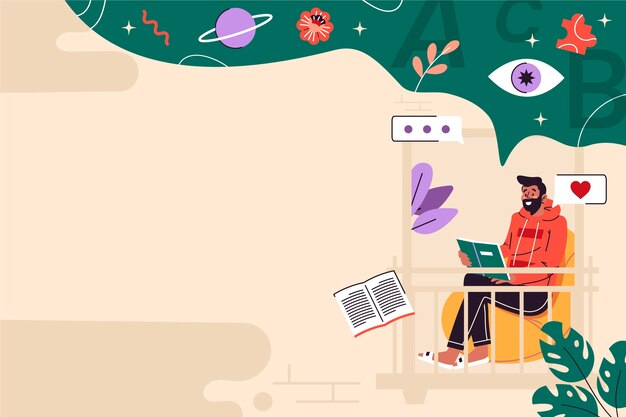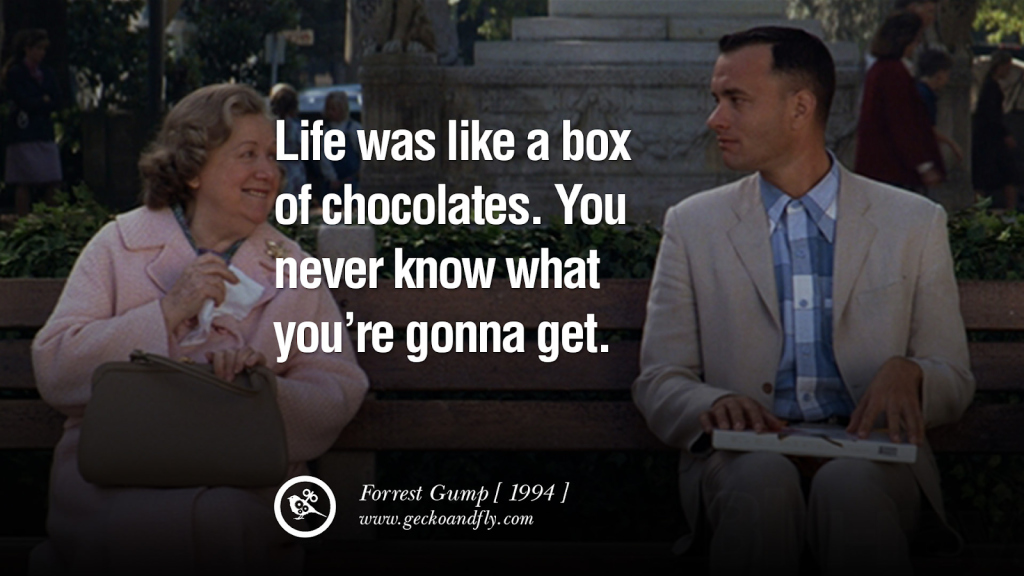Metaphors – the unsung heroes of literary expression. In this post, we’ll explore metaphorical examples and explore how they can be the key to unlocking your writing’s potential. Whether you’re a seasoned wordsmith or just starting, get ready to harness the power of metaphors and take your storytelling to new heights.
Table of Contents
What Is A Metaphor?
A metaphor is a figure of speech that involves making a direct comparison between two unrelated things, suggesting that they are alike in some way. Unlike a simile, which uses the words “like” or “as” to make comparisons, a metaphor just says one thing is another. It’s a way of talking about or explaining something by saying it’s similar to something else. This helps to give a deeper meaning or create a strong picture in the reader’s or listener’s mind.
For example:
- “Time is a thief.” Metaphor: Time is compared to a thief, suggesting that it steals moments.)

Here are some key things to remember about metaphors:
- They compare two things that are otherwise unrelated, highlighting hidden similarities between them.
- The comparison is not stated directly, but suggested through the language used.
- They use imagery and symbolism to make the comparison more powerful and memorable.
Metaphors are powerful tools in language and literature, allowing writers to convey complex ideas, emotions, or concepts by drawing parallels between the familiar and the unfamiliar. They add depth, imagery, and layers of meaning to communication
Check out: Example of Hooks for An Essay
5 Types Of Metaphor
Metaphors come in various types, each serving a different purpose in language and communication. Here are some common types of metaphors:

Directed Metaphor:
In a directed metaphor, the comparison between two things is clearly stated, leaving no room for interpretation. Direct metaphors usually employ a version of the verb “be” to establish a connection between two things.
- Example: His anger was a volcano about to erupt.
Implied Metaphor:
Unlike a directed metaphor, an implied metaphor doesn’t directly state the comparison but relies on context, leaving it to the audience to infer the connection.
- Example: “The room buzzed with excitement”
Extended (Sustained) Metaphor:
An extended or sustained metaphor is one that continues throughout a paragraph, a section, or an entire piece of writing. It’s a metaphor that is built and developed at length. It can be very effective in exploring complex ideas, like Shakespeare’s famous comparison of life to a stage in “As You Like It.”
Or this example: Life is a journey. Along the way, we encounter crossroads, detours, and unexpected landscapes. We navigate through storms and bask in the warmth of sunny days.
Dead Metaphor:
A dead metaphor is one that has been used so frequently that its original vividness and impact have faded, and it’s now taken for granted as a common expression.
- Example: “The foot of the bed”, “lead pencil”.
Mixed Metaphor:
A mixed metaphor occurs when two or more metaphors are combined in a way that creates confusion or humor. It often results from using incompatible metaphors in the same expression.
- Example: “We’ll burn that bridge when we come to it”. (This mixes the metaphor of burning bridges, meaning to cut off a relationship, with the expression “cross that bridge when we come to it,” meaning to deal with a problem when it arises.)
Understanding these variations of metaphors can enhance your appreciation of the diverse ways in which language is used to convey meaning and create vivid imagery.

15 Famous Metaphorical Examples
Here are famous metaphorical examples that have stood the test of time and continue to resonate with readers and listeners:
“All the world’s a stage.” – Metaphorical Examples
From William Shakespeare’s “As You Like It,” this metaphor suggests that life is like a play, and people are actors with distinct roles.
“Time is money.”
Attributed to Benjamin Franklin, this metaphor implies that time, like money, should be valued and spent wisely.

“The world is a book, and those who do not travel read only one page.”
Commonly attributed to Saint Augustine, this metaphor encourages exploration and learning as a way to understand the world.
“Life is a rollercoaster with its ups and downs.”
This metaphor is often used to convey the idea that life has its moments of joy and challenges.
“The mind is an iceberg, it floats with one-seventh of its bulk above water.”
Sigmund Freud used this metaphor to illustrate the idea that much of our thoughts and motivations are hidden beneath the surface.
“The road not taken.” – Metaphorical Examples
From Robert Frost’s famous poem, this metaphor explores the choices we make in life as diverging paths.
“The fog of war.”
This metaphor, often attributed to Carl von Clausewitz, describes the uncertainty and confusion in military conflicts.
“A shining city upon a hill.”
From John Winthrop’s sermon, this metaphor has been used by various leaders to symbolize an exemplary society.
“Chasing the dragon.”
This metaphor, originating from Chinese folklore, is often used to describe the pursuit of an elusive and destructive goal.
“A picture is worth a thousand words.”
This metaphor suggests that visuals can convey complex ideas more effectively than a large amount of text.
“Time flies.” – Metaphorical Examples
This metaphor captures the idea that time seems to pass quickly, especially in hindsight.
“Brave New World.”
From Aldous Huxley’s novel, this metaphor has been widely used to critique a society that prioritizes technological progress over individual humanity.
“The Iron Curtain.”
Winston Churchill coined this metaphor during the Cold War to describe the ideological and physical separation between Eastern and Western Europe.
“Life is a box of chocolates. You never know what you’re gonna get.”
This playful metaphor from the iconic film Forrest Gump (1994) perfectly captures the element of surprise and unpredictability that life throws our way. It reminds us to embrace the unknown with curiosity and a touch of whimsy.

“A rose by any other name would smell as sweet.” – Metaphorical Examples
From William Shakespeare’s “Romeo and Juliet,” this metaphor suggests that the essence of a thing is more important than the name it is given.
Conclusion
Metaphors are like magical keys that unlock deeper meanings and paint vivid pictures with words. By comparing the familiar to the unfamiliar, they breathe life into language, making it more colorful and relatable. So, next time you read or write, keep an eye out for subtle yet powerful Metaphorical Examples that enhance our understanding of the world in simple, imaginative ways.


